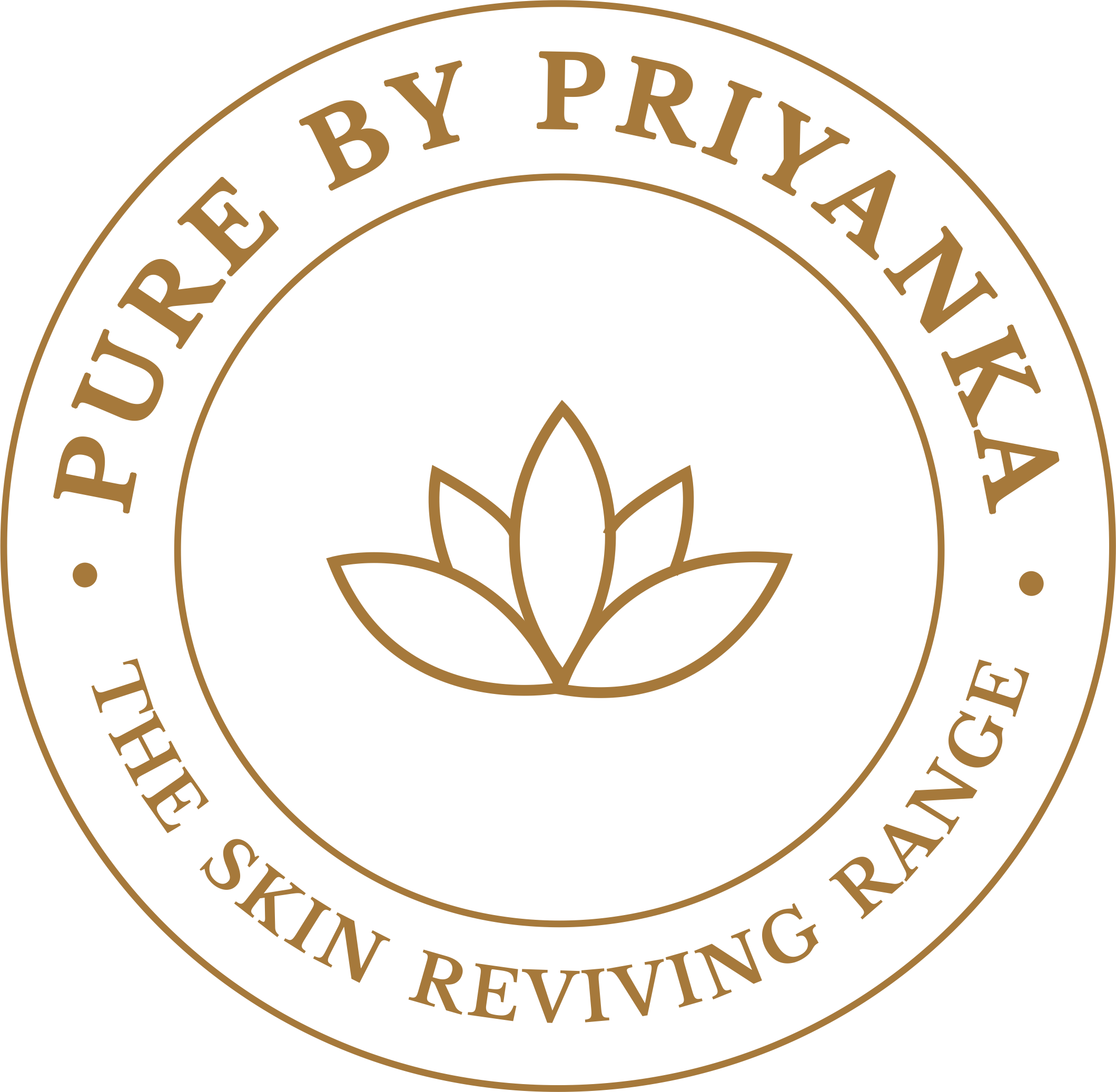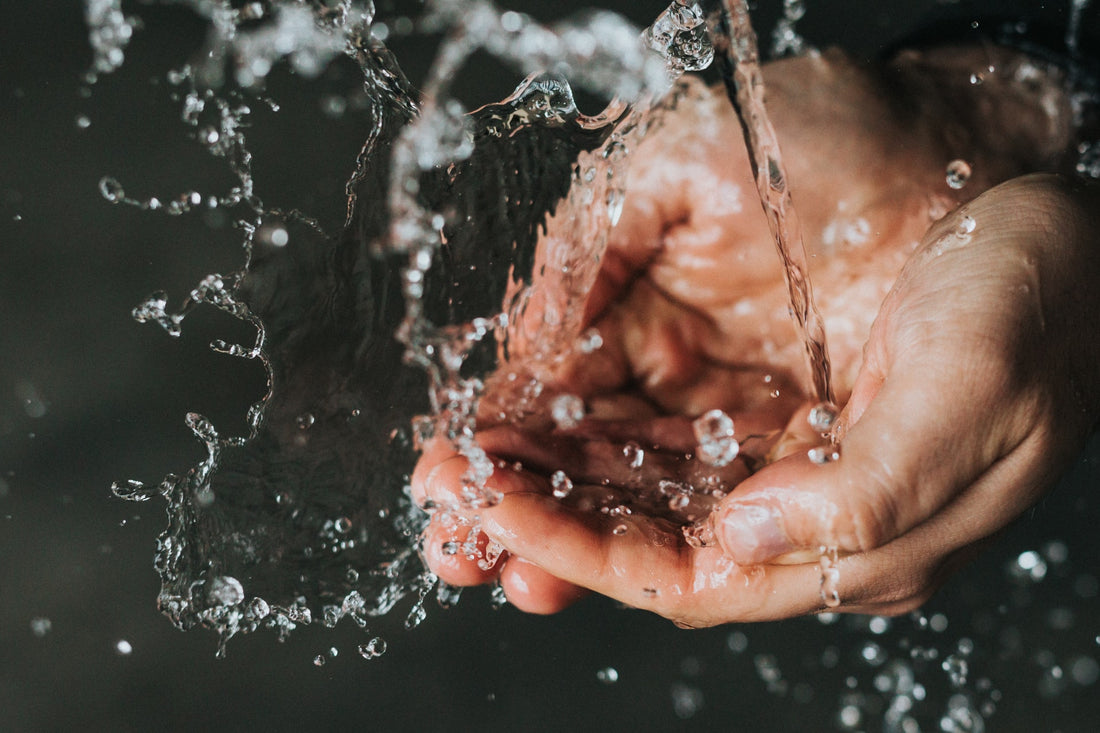There's a quote :
"Take care of your body, it's the only place where you have to live in."
And it's a fact that our body is the actual home where we reside, and it is our prime responsibility to take care of our body, keep it nourished and well-maintained. And hygiene plays an important role in doing so.
Skincare is an integral part of taking care of our bodies, and it can be said that HYGIENE and SKINCARE go hand in hand.
Skin hygiene and care are important to not only avoid skin infection, but also to improve overall skin and general health. Removing dead cells, dirt and microbes from the surface of the skin is key to good hygiene.
Poor hygiene, let's say, infrequent bathing can cause a buildup of dead skin cells, dirt and sweat on the skin. This buildup may trigger acne and possibly intensify conditions like hyperpigmentation, psoriasis, dermatitis and eczema.
Therefore, personal habits and a clean and healthy lifestyle leads to a healthy and glowing skin.
Our hands are one of the main vehicles for spreading germs. They come in contact with many different germs and bacteria, so it's vital we wash them regularly throughout the day to keep them clean. The purpose of handwashing is to remove soil and micro-organisms.At the same time, frequent handwashing affects the pH level of skin, resulting in dry and rough skin, and in some cases leads to chronic damage, irritant contact dermatitis, eczema and changes in normal skin flora.
Hence, as much as handwashing is important, equally important is to use a gentle, non-irritant and preferably herbal hand cleanser to maintain your hand hygiene.Certain natural and herbal cleansing agents like turmeric, neem, tulsi (Indian basil), alovera, lemon etc. alongwith hydrating agents like Vit.E and glycerine works wonders when added in handwashes. They have anti-inflammatory, antiseptic and soothing properties, thus, taking care of the complete hygiene of our hands and the skin. It's advisable to think before touching your face.

On average, people touch their faces 23 times per hour. Unwashed hands can easily spread germs to your face after touching contaminated surfaces or objects.
You can protect yourself by :
• Washing your hands at key times (before touching your face or putting in contact lenses).
• Using a tissue for your nose.
• Using a tissue to scratch or rub your eyes or to adjust your glasses.
• Washing your hands before applying moisturizer to the face or putting eyedrops in your eyes.
Apart from washing hands, there are certain basic skin hygiene tips, which are as under :
* Never touch your face unless your hands are clean. Bacterias on hands feeds pimples.
* Don't pick pimples. Pimples don't scar, picking does.
* Always wash your face before bedtime no matter how sleepy you are. It is best to finish your PM regime one hour before bed to allow products to fully absorb.
* Change your pillowcase often.
* Be consistent wit your regime. Over time, it's what we do or don't do everyday that has the biggest impact on our skin.
* Use of correct products.
In this, we can also sum up make-up hygiene, which is :
• Purchase of non-comedogenic make-up.
• Wear the least amount of make-up.
Too much make-up can cause pimples.
• Never share cosmetic products.
• Clean make-up brushes and replace sponges regularly.
Maintaining face hygiene plays an important role, in which washing and keeping the facial skin clean, is the most vital.
Using a mild face-wash instead of alkaline or irritant soaps.
Ideally, washing the face is a must :
* When you get up in the morning.
* During bath.
* After coming home from public places.
* After removing make-up.
* Before going to bed at night.
Keeping the hair and scalp clean is another significant area of personal hygiene.
Washing the hair with suitable shampoo keeps it safe from dirt, grease and excess oil.It also takes care of scalp conditions like dandruff and also saves from bad odour coming due to sweat and dirt. The frequency of hairwash depends on the hair texture and length of your hair.
Our body hygiene starts with bathing.
A morning shower is a great way to start the day as it helps to wake you up and remove sweat and impurities from the body. Any activity which makes you perspire should be followed up with a shower. If old sweat is left on the body, it can lead to skin conditions such as body acne and also leave body odour.
Coconut oil has traditionally been known to have skin benefits like moisturization and reducing skin irritation.
Olive oil, jojoba oil, tea tree oil, shea butters and almond oil are also known for their beneficial effects, are rich in vit.e and should be made a part of body washes and soaps.
Apart from these, our clothing should also be skin friendly and kept clean.
Change of clothes after returning from work and before bedtime is a must.
In hot and moist weather, there is increased sweating, which accumulates in unexposed areas, like skin creases, underarms, feets etc.
This predisposes to bacterial and fungal infections.
Therefore, these areas should be cleaned well during bath.
And finally, eating a clean, healthy diet, low on processed and refined carbohydrates and saturated or trans fats goes a long way in keeping our body and skin healthy and clean internally.
Drinking lots of water, taking in fresh air, regular outdoor walks and well-ventilated homes are important for skin and general health.
Maintaining good personal hygiene not only keeps us healthy but is essential for our overall well-being, improving our confidence and self-worth.
As someone rightly said,
"CLEANLINESS IS THE FIRST LAW OF HEALTH"
And winding up this week's topic, here's something to look forward to all you PBP family and followers....
We are coming up with our new launch in personal hygiene range.
So stay tuned ......
Have a lovely sunday and a great week ahead 




